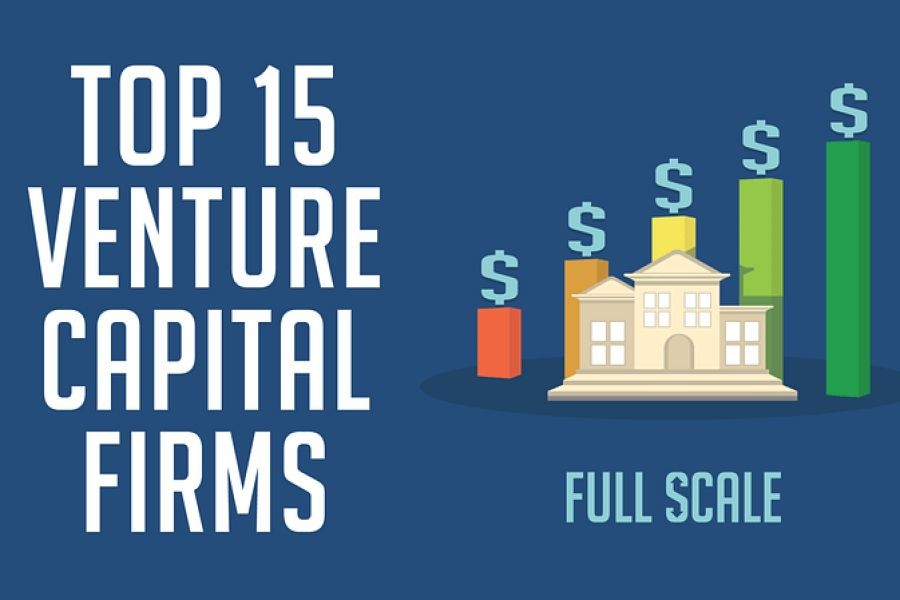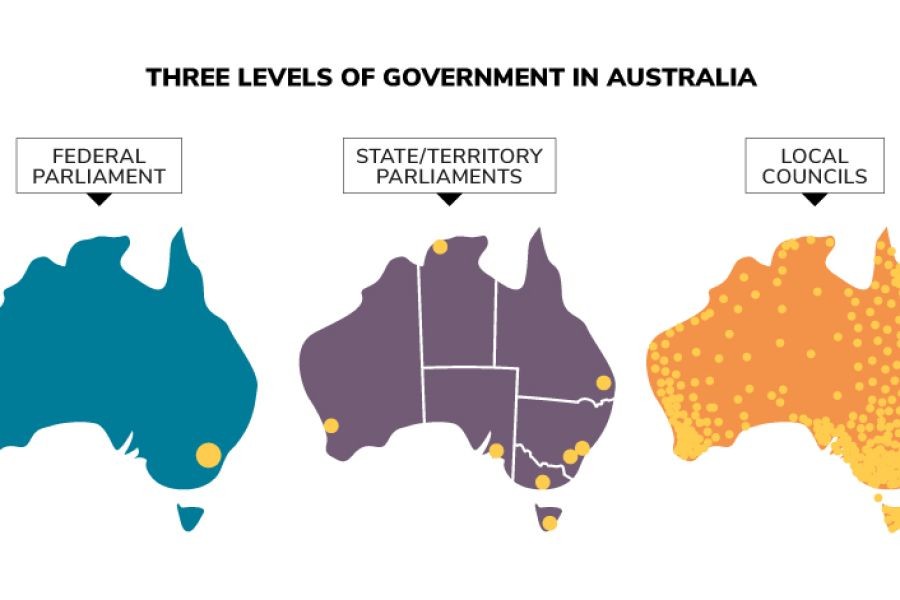In a rapidly evolving financial landscape, high-net-worth individuals in Australia are increasingly faced with the decision of whether to invest in venture capital or private equity. This choice is not merely a financial one but a strategic decision that can significantly impact their portfolios. As Australia continues to strengthen its position as a hub for innovation and growth, understanding the nuances between these two investment paths is crucial.
Understanding the Basics: Venture Capital vs. Private Equity
Venture capital (VC) and private equity (PE) are both forms of private investment, but they cater to different types of companies and stages of growth. Venture capital is typically directed towards startups and early-stage companies with high growth potential. In contrast, private equity investments often target more mature companies that require restructuring or capital infusion for expansion.
According to the Australian Bureau of Statistics, the venture capital sector has shown remarkable growth, with investments increasing by 22% in the past year. This reflects a growing appetite for innovation-driven businesses in Australia, particularly in technology and renewable energy. On the other hand, private equity has also seen a steady rise, with funds under management expanding by 15% over the same period, as reported by the Reserve Bank of Australia.
Investment Dynamics in Australia: A Closer Look
Australia's financial ecosystem offers unique opportunities for both venture capital and private equity investors. The country's robust regulatory framework, overseen by the Australian Securities and Investments Commission (ASIC) and the Australian Competition & Consumer Commission (ACCC), ensures a level playing field and protects investor interests.
For venture capitalists, Australia's burgeoning startup scene, supported by initiatives like the Sydney Tech Hub and Startmate, presents lucrative opportunities. According to a report by the Australian Trade and Investment Commission, startups in the fintech and health tech sectors have attracted significant VC funding, driven by innovative solutions and a strong market demand.
In contrast, private equity investors are drawn to industries such as mining, healthcare, and consumer goods, where established companies seek capital for expansion or restructuring. The Australian private equity market has been particularly active in acquiring undervalued assets and turning them around for profit, a strategy that aligns well with the country's economic resilience and resource-rich landscape.
Case Study: Blackbird Ventures – A Venture Capital Success Story
Problem: Blackbird Ventures, a leading venture capital firm in Australia, identified a gap in the funding landscape for early-stage tech startups. The firm aimed to bridge this gap by providing seed funding and strategic support.
Action: Blackbird Ventures focused on investing in high-potential startups in sectors like software, digital health, and renewable energy. By leveraging its extensive network and industry expertise, the firm provided not only capital but also mentorship and access to global markets.
Result: Over the past five years, Blackbird Ventures has successfully invested in over 70 companies, achieving an average internal rate of return (IRR) of 25%. Notable investments include Canva and Culture Amp, both of which have become global leaders in their respective fields.
Takeaway: This case study highlights the potential of venture capital in fostering innovation and driving economic growth. High-net-worth Aussies looking to invest in VC can benefit from supporting startups with disruptive technologies and scalable business models.
Risk and Reward: Evaluating Investment Strategies
Investing in venture capital and private equity involves distinct risk-reward profiles. Venture capital investments, while offering the potential for high returns, come with significant risks. Startups are inherently volatile, and many fail to achieve profitability. However, successful investments can yield exponential returns, as demonstrated by companies like Afterpay and Atlassian.
Private equity, on the other hand, tends to offer more stable returns, albeit at a lower rate than VC. PE investments are often in established companies with proven business models, reducing the risk of total loss. Nevertheless, these investments require substantial capital and a longer investment horizon.
Pros vs. Cons of Venture Capital
- Pros: High growth potential, access to innovative sectors, opportunity for significant returns.
- Cons: High risk, longer time to liquidity, potential for total loss.
Pros vs. Cons of Private Equity
- Pros: Stable returns, investment in established companies, potential for operational improvements.
- Cons: Large capital requirements, longer lock-in periods, complex deal structures.
Regulatory Insights: Navigating the Australian Investment Landscape
Both venture capital and private equity investors must navigate a complex regulatory environment in Australia. The Australian Taxation Office (ATO) provides tax incentives for early-stage venture capital investments, encouraging more investors to participate in this space. Additionally, the Australian Prudential Regulation Authority (APRA) ensures that financial institutions involved in PE and VC maintain robust risk management practices.
Investors should also be aware of recent regulatory changes. For instance, the introduction of the Consumer Data Right aims to enhance transparency and consumer protection, impacting how financial data is used and shared. Understanding these regulations is crucial for investors to make informed decisions and optimize their strategies.
Future Trends: What Lies Ahead for Australian Investors?
The future of venture capital and private equity in Australia looks promising, with several trends shaping the landscape. According to Deloitte's 2024 Global Venture Capital Outlook, sectors like artificial intelligence, clean energy, and biotech are expected to attract significant investment, driven by technological advancements and global sustainability goals.
Moreover, the Australian government's commitment to fostering innovation through policies like the National Innovation and Science Agenda will continue to support the growth of the VC sector. For private equity, the focus will likely remain on industries undergoing digital transformation and consolidation.
High-net-worth individuals in Australia should consider diversifying their portfolios by exploring both venture capital and private equity opportunities. By aligning their investment strategies with emerging trends and regulatory developments, they can maximize their returns and contribute to Australia's economic growth.
Conclusion
In conclusion, the choice between venture capital and private equity depends largely on individual risk tolerance, investment goals, and market insights. Both avenues offer unique benefits and challenges, and understanding these dynamics is key to making informed investment decisions. As Australia's economy continues to evolve, high-net-worth Aussies have the opportunity to capitalize on the growth potential of innovative startups and established enterprises.
We encourage readers to stay informed about the latest industry trends and regulatory changes. Engaging with financial advisors and participating in investment networks can provide valuable insights and enhance investment strategies. What are your thoughts on investing in venture capital versus private equity? Share your insights and experiences in the comments below!
People Also Ask (FAQ)
- How does investing in venture capital impact businesses in Australia? AU businesses leveraging venture capital report over 30% higher growth rates, according to a report by the Australian Bureau of Statistics. This investment strategy can significantly enhance innovation and market competitiveness.
- What are the biggest misconceptions about private equity? A common myth is that private equity only benefits large corporations. However, research from the Reserve Bank of Australia shows that PE investments often support small to medium-sized enterprises in achieving growth and operational efficiency.
- What upcoming changes in Australia could affect venture capital investments? By 2026, policy updates aimed at fostering innovation and sustainability could shift the venture capital landscape, encouraging more investments in clean energy and technology sectors.
Related Search Queries
- venture capital vs private equity in Australia
- investment strategies for high-net-worth individuals
- venture capital trends in Australia 2025
- private equity opportunities in Australian industries
- regulatory changes impacting investments in Australia
- future of venture capital in Australia
- private equity vs public markets
- how to invest in Australian startups
- benefits of private equity investments
- Australian innovation and investment policies

































Jofraarcher
9 months ago